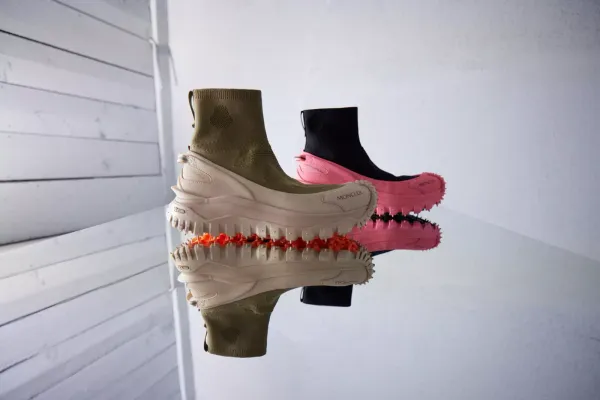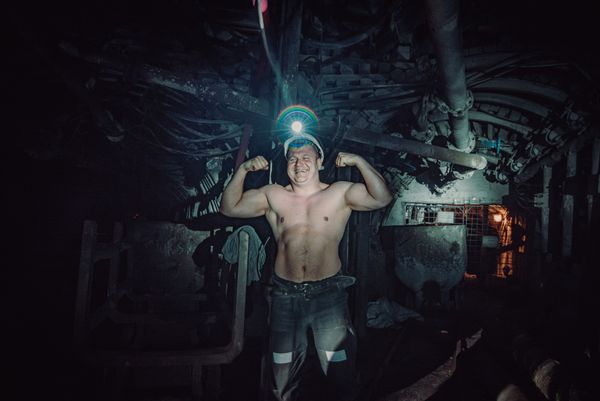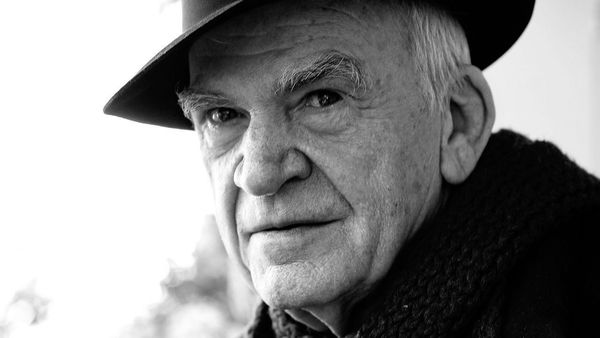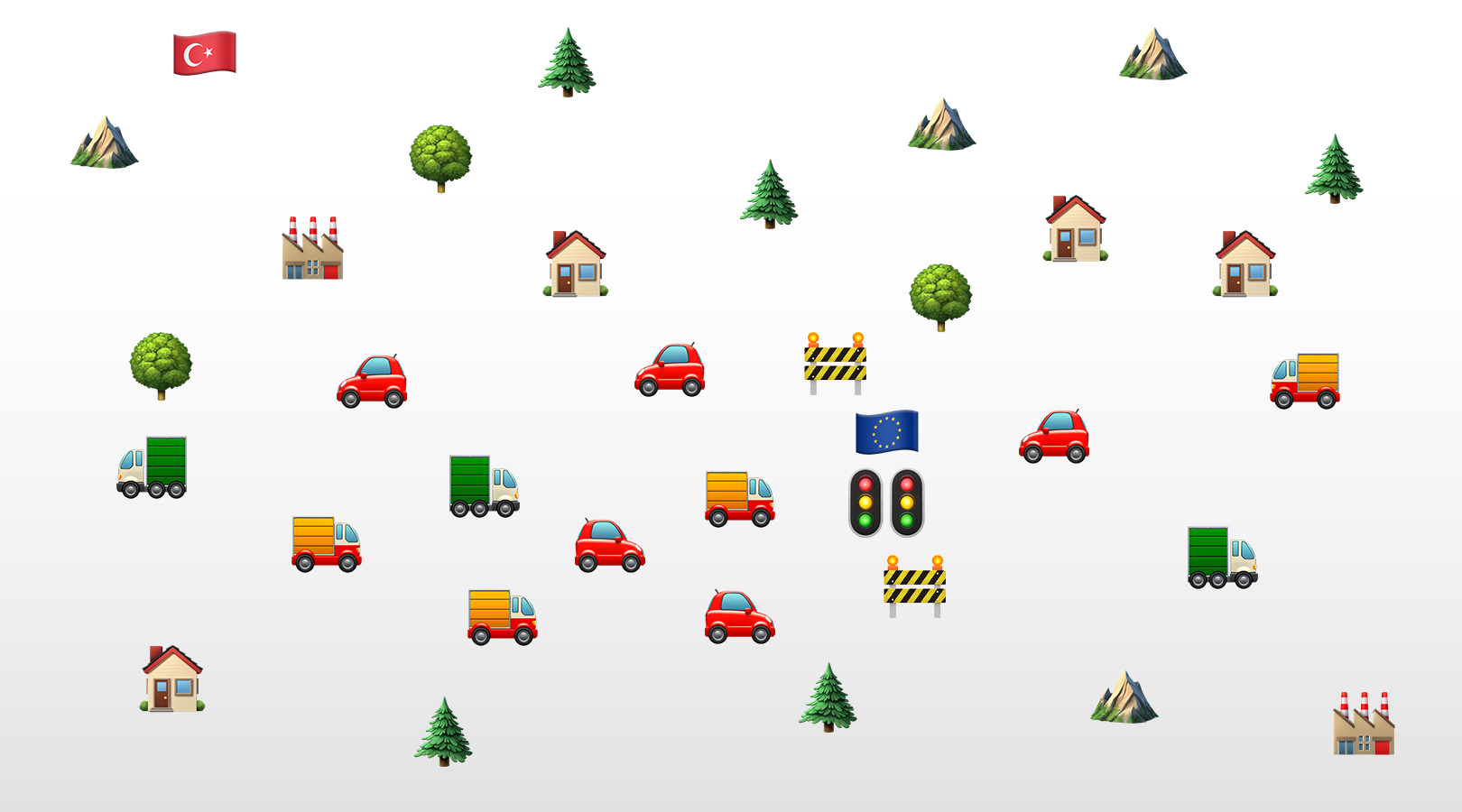The accession of Bulgaria and Romania to the Schengen Area is still blocked. When can they succeed?
Only Croatia joined the Schengen Area on 1 January, as Austria and the Netherlands blocked the accession of Bulgaria and Romania. Still, the two countries continue working hard to become members of the open border region soon.
The EU Justice and Home Affairs Council voted on the accession of Croatia, Bulgaria, and Romania to the Schengen Area on 8 December 2022, with the Netherlands and Austria boycotting the latter two candidates, saying that the migration situation in these countries may cause serious problems for the region. Corruption in Bulgaria and human rights problems were additional arguments for the veto, which was widely criticized and vehemently objected to by Bucharest and Sofia. Nonetheless, now they are focusing on changing the opinion of the two vetoing member states.
The Bulgarian government finds the involvement of skeptical Austria and the Netherlands the way forward: Sofia has invited Dutch and Austrian customs experts to the notorious Bulgarian-Turkish border to reassure them of due process and diligence, despite the enormous challenges Bulgaria faces there. The country’s new Prime Minister, Nikolai Denkov, is planning to meet personally with Dutch Prime Minister Mark Rutte and Austrian Chancellor Karl Nehammer, with the former already having done so. „We will try to involve as much as possible the partners from Austria and the Netherlands so they can see what is at the border because it is not easy there,” the Bulgarian PM said, referring to the planned involvement of experts. He added that they would be happy to work with both skeptical countries and welcomed their „technical recommendations” on the critical Turkish-Bulgarian border. Bulgaria has repeatedly tried to assure that it will do its best on the troublesome border. One example was the pilot project launched in March with the support of the European Council to manage the migration crisis. The prime minister said the pilot project demonstrated that „they are doing everything that is possible there.”
The Bulgarian government’s aim is to get the vetoing states to address specific concerns and make concrete proposals instead of using broadly defined concepts, such as corruption and migration, as reasons for vetoing. “Our main request to them is, if they define any specific problem, to define it clearly so we know what is the problem that has to be solved,” Denkov said. So, the goal of the Bulgarian-Dutch meeting is to convince the Dutch government that Bulgaria has a place in the Schengen Area, which currently has 27 members, and that Sofia is working hard to remedy the shortcomings, accepting and even expecting advice from the Netherlands. After the meeting, Mark Rutte said, „We are in discussion, but no decision has been taken yet.”

On the Bulgarian-Turkish border, the most worrisome is the Kapitan Andreevo-Kapıkule border crossing, which is not only the busiest in Europe but also (according to Bulgaria's former prime minister, among others) a mafia-run place. Kapitan Andreevo has long had an extremely bad reputation as a hotbed of drug smuggling and a border crossing point where importers are extorted. This fact was strongly stressed by former Bulgarian Prime Minister Kiril Petkov, who stepped down in July 2022. Petkov said that the previous Bulgarian governments had colluded with the mafia by allowing huge amounts of food into the EU without controls, thereby compromising its standards and endangering food safety. Of course, the concerns are not just about the food: there was also a flow of drugs, arms, and human trafficking. It is hard to say to what extent it was politically motivated to shift the focus to Kapitan Andreevo-Kapıkule, but one thing is for sure: the border crossing deserved its notoriety. Those who tried to dismantle the mafia often received threats that endangered their own and their family members’ lives. During Kiril Petkov’s premiership, the Bulgarian authorities, in principle, regained control of the crossing from the mafia, but Denkov said this was far from resolving the problems. Nonetheless, Denkov believes that they are now on the right track. But to what extent and by when they will succeed in convincing the skeptics is difficult to predict.
Romania is also working hard to secure its future Schengen accession, and the country’s membership is expected to be on the agenda of the October meeting of the EU Justice and Home Affairs Council. At least, that is what Spain’s ambassador to Romania, Jose Antonio Hernandez Perez-Solorzano, told a press conference on 3 July. Still, he added that this is not the deadline for the decision. According to the Romanian government, the country is already more than ready for accession, and the veto last December provoked strong feelings in society – as we wrote here earlier. Now, just over six months later, Romanian Foreign Minister Luminița Odobescu has said that „Romania has met all the criteria for the accession process” and added that her country is participating in the EU’s efforts to manage migration.
Romania’s new Prime Minister, the Leader of the Social Democratic Party (PSD), Marcel Ciolacu, said in an interview that they would launch an extensive plan in the coming months to persuade Austria to withdraw its veto. Ciolacu has avoided speculating on the date of Romania’s accession to Schengen, as he does not want to raise false expectations. “We had a chance last year; those in charge have missed that opportunity. This does not mean we will give up. I have already been in touch with the upcoming Spanish Presidency to the EU Council and the European Commission to see what they plan to do on this file in the second part of the year,” the Romanian Prime Minister said.
Graphics by Roland Molnár

Moncler Studio Ascenti dazzles in Paris this year

Love for the Silesian mines—Interview with Marek Locher










